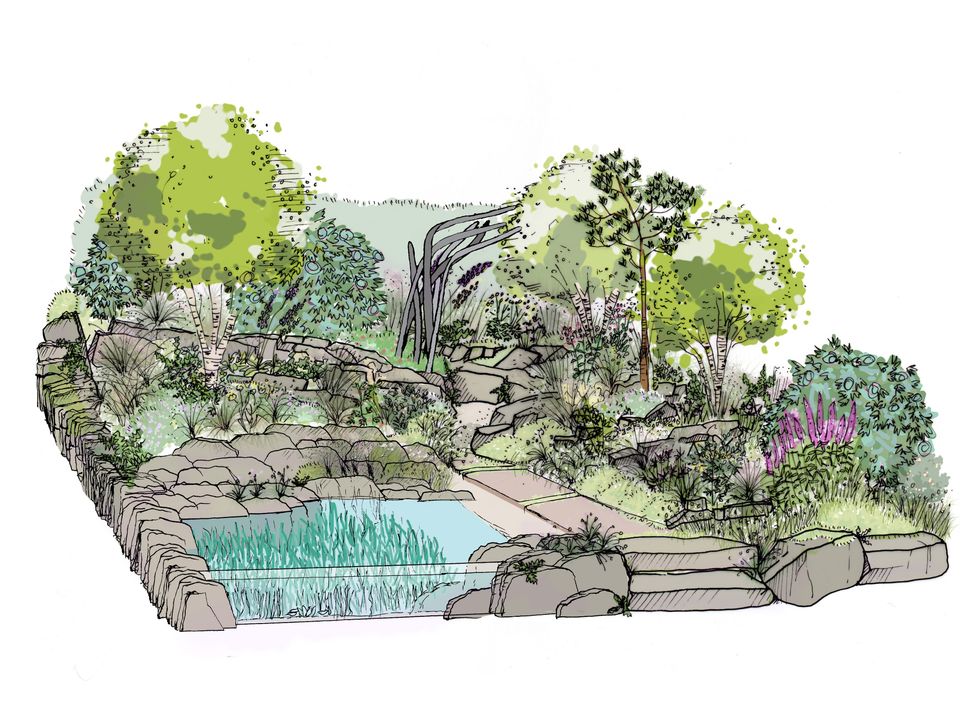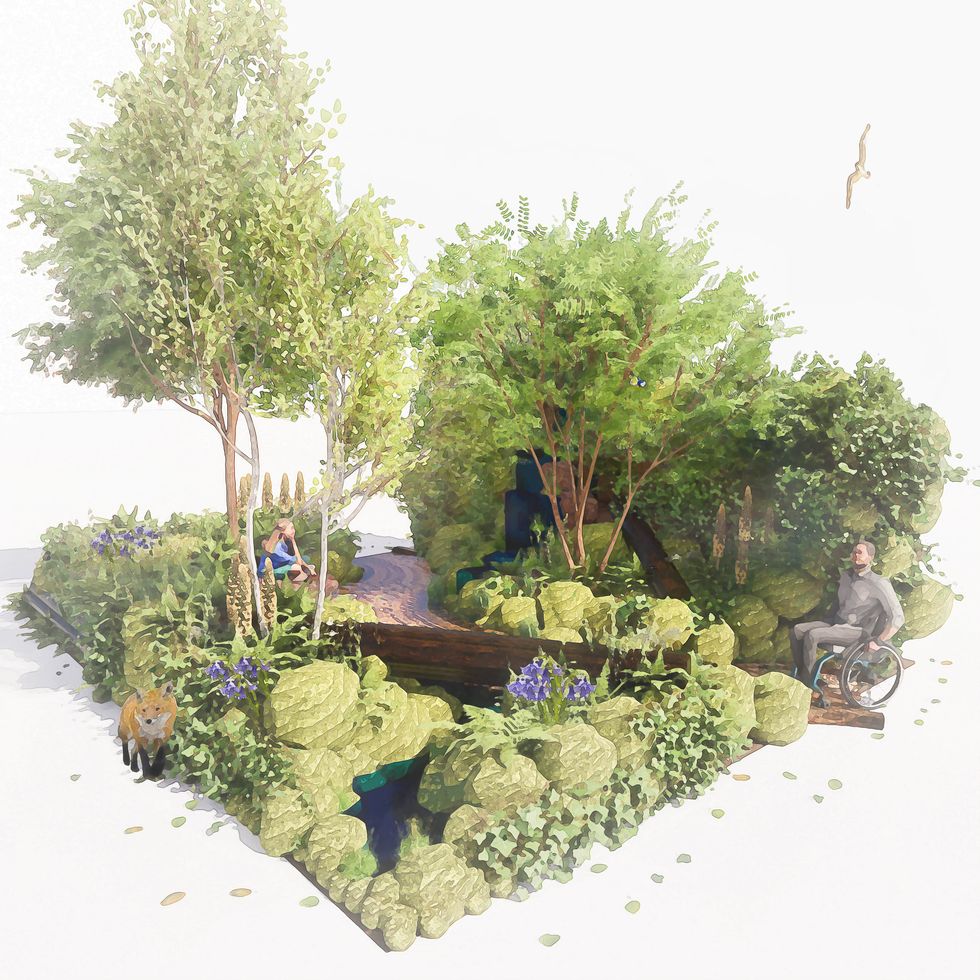As urban students face increasing academic pressures and time spent indoors, forest schools offer a refreshing and beneficial alternative. These outdoor education programs offer unique opportunities for learning that surpass the boundaries of traditional classroom settings. If you’re juggling school, assignments, and studying, you might be interested in how forest schools can enhance your educational experience.
For those seeking additional support, an academic help service that can write my assignment for me can be a valuable resource. This service ensures you stay on top of your homework and assignments while exploring new learning environments like forest schools. If you need someone to write an essay for me, domyessay.com is an excellent option.
Understanding Forest Schools
What Are Forest Schools?
Forest schools are educational initiatives that take place in natural environments, typically forests or woodlands. These initiatives emphasize hands-on, experiential learning, enabling students to interact with nature while honing vital skills. The curriculum is often flexible, emphasizing creativity, problem-solving, and teamwork.
The Origins of Forest Schools
The concept of forest schools originated in Scandinavia, where outdoor learning has long been a fundamental part of early childhood education. The idea has since spread worldwide, with many countries adopting forest schools to complement their traditional education systems. The benefits observed in Scandinavian countries have inspired educators globally to integrate similar approaches into their curricula.
Key Principles of Forest Schools
Forest schools are based on several core principles:
- Child-Centered Learning: Activities are tailored to the interests and developmental stages of the students, promoting engagement and enthusiasm for learning. This method tailors learning experiences to meet the distinct needs and interests of each student, making education more pertinent and impactful.
- Holistic Development: Focuses on emotional, social, physical, and cognitive growth. Forest schools aim to develop the whole child, recognizing that all areas of development are interconnected and equally important.
- Sustainable Practices: Encourages environmental stewardship and sustainability. Students learn to appreciate and care for the natural world, understanding the impact of their actions on the environment. This nurtures a sense of accountability and a dedication to sustainable practices.
- Risk Management: Teaches students to assess and manage risks in natural settings. This approach equips children with critical thinking and decision-making abilities, empowering them to tackle challenges with safety and assurance. Through structured experiences, they learn to identify potential dangers and take necessary precautions.
Benefits of Forest Schools for Urban Students
Enhanced Learning and Engagement
Forest schools create a vibrant educational setting that markedly boosts student engagement. By participating in outdoor activities, students often find subjects like science, geography, and environmental studies more interesting and relevant. This practical method of learning tends to make the educational process more enjoyable and significant.
Improved Physical Health
Spending time outdoors in forest schools promotes physical activity, which is crucial for the overall health and well-being of students. Activities like hiking, climbing, and exploring not only enhance physical fitness but also improve coordination and motor skills. Additionally, regular exposure to fresh air and natural light has numerous health benefits, including boosting the immune system.
Mental Health and Well-Being
Forest schools offer a natural setting that can significantly reduce stress and anxiety among students. The soothing properties of nature, along with the liberty to explore and play, aid in enhancing mental health. Studies have shown that spending time in nature can decrease symptoms of ADHD, depression, and anxiety, making it easier for students to focus on their schoolwork and assignments.
Social Skills and Teamwork
Forest schools emphasize collaborative learning, which helps students develop essential social skills. Working together on projects and activities fosters communication, cooperation, and empathy. Such experiences serve to deepen friendships and foster a community spirit among students.
Integrating Forest Schools with Traditional Education
Complementing Classroom Learning
Forest schools are designed to complement, not replace, traditional classroom education. By integrating outdoor activities with standard curricula, educators can provide a more balanced and enriching learning experience. For instance, a lesson on plant biology can be taught both in the classroom and through direct observation and study in a forest school setting.
Overcoming Challenges
Implementing forest schools in urban areas can present challenges, such as limited access to natural spaces and concerns about safety. However, many urban schools are finding creative solutions, such as utilizing nearby parks or green spaces and ensuring proper supervision and risk management. Collaborating with local environmental organizations can also provide additional resources and support.
Encouraging Parental Involvement
Parents are integral to the success of forest schools, providing essential support and encouragement. Encouraging parental involvement can help reinforce the benefits of outdoor education at home. Schools can organize family-oriented activities, workshops, and informational sessions to engage parents and highlight the positive impact of forest schools on their children’s education and well-being.
Conclusion
Forest schools offer a multitude of benefits for urban students, from enhancing learning and engagement to improving physical and mental health. By integrating outdoor education with traditional classroom learning, students can enjoy a more holistic and enriching educational experience. Embracing the principles of forest schools can lead to a brighter, healthier, and more engaging educational journey. Delve into the potential of outdoor education and discover how it can revolutionize your learning experience.

















 The Maha Kumbh Mela is described as the largest human gathering in the world. (Photo: Getty Images)
The Maha Kumbh Mela is described as the largest human gathering in the world. (Photo: Getty Images) Thirteen Akharas of ascetics from different sects participated in the bathing ritual, a highlight of the Maha Kumbh Mela held every 12 years. (Photo: Getty Images)
Thirteen Akharas of ascetics from different sects participated in the bathing ritual, a highlight of the Maha Kumbh Mela held every 12 years. (Photo: Getty Images)
 Seawilding by Ryan McMahon
Seawilding by Ryan McMahon The Wildlife Trusts’ British Rainforest Garden by Zoe Claymore
The Wildlife Trusts’ British Rainforest Garden by Zoe Claymore
